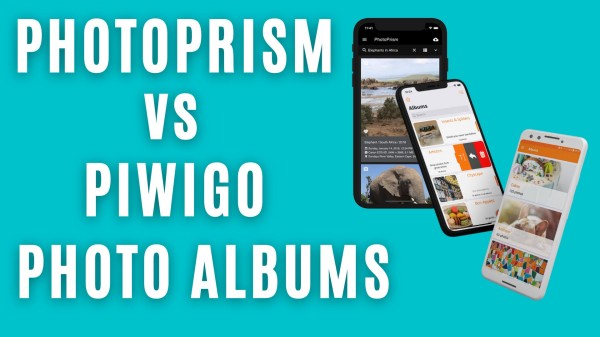Snowflake is a system that allows people from all over the world to access censored websites and applications. Similar to how VPNs assist users in getting around Internet censorship, Snowflake helps you avoid being noticed by Internet censors by making your Internet activity appear as though you're using the Internet for a regular video or voice call.
There are numerous tools available, such as Snowflake, that "transform" Internet activity, each using a different technique. Some redirect Internet traffic to appear to be coming from popular cloud providers like Microsoft Azure and Amazon Web Services. Others scramble Internet traffic in order to make it appear completely random.
It therefore becomes costly for censors to consider blocking such circumvention tools since it would require blocking large parts of the Internet in order to achieve the initial targeted goal.
Unlike VPNs, you do not need to install a separate application to connect to a Snowflake proxy and bypass censorship. It is usually a circumvention feature embedded within existing apps. Currently Snowflake is available inside Tor Browser on Desktop and Android, Onion Browser on iOS, and Orbot on Android and iOS. If you have downloaded and installed any of these apps, and they are censored in your country, you can bypass the censorship by activating Snowflake through the apps' settings page.
So, if you want to help people bypass censorship, consider installing and running a Snowflake proxy. The only prerequisite is that the Internet in your country is not heavily censored already.
You can join thousands of volunteers from around the world who have a Snowflake proxy installed and running. There is no need to worry about which websites people are accessing through your Snowflake proxy. Their visible browsing IP address will match their Tor exit node, not yours.
Alternatively, you can embed a Snowflake proxy yourself inside a page in your own website (e.g., relay.love). Visitors to your site can enter the page, enable the proxy, and leave it open to allow people to proxy through it (it behaves and looks exactly like the web extension). Or run a command-line version of the Snowflake proxy on your desktop or server.
See https://snowflake.torproject.org/
#technology #censorship #snowflake #privacy
chevron_right


